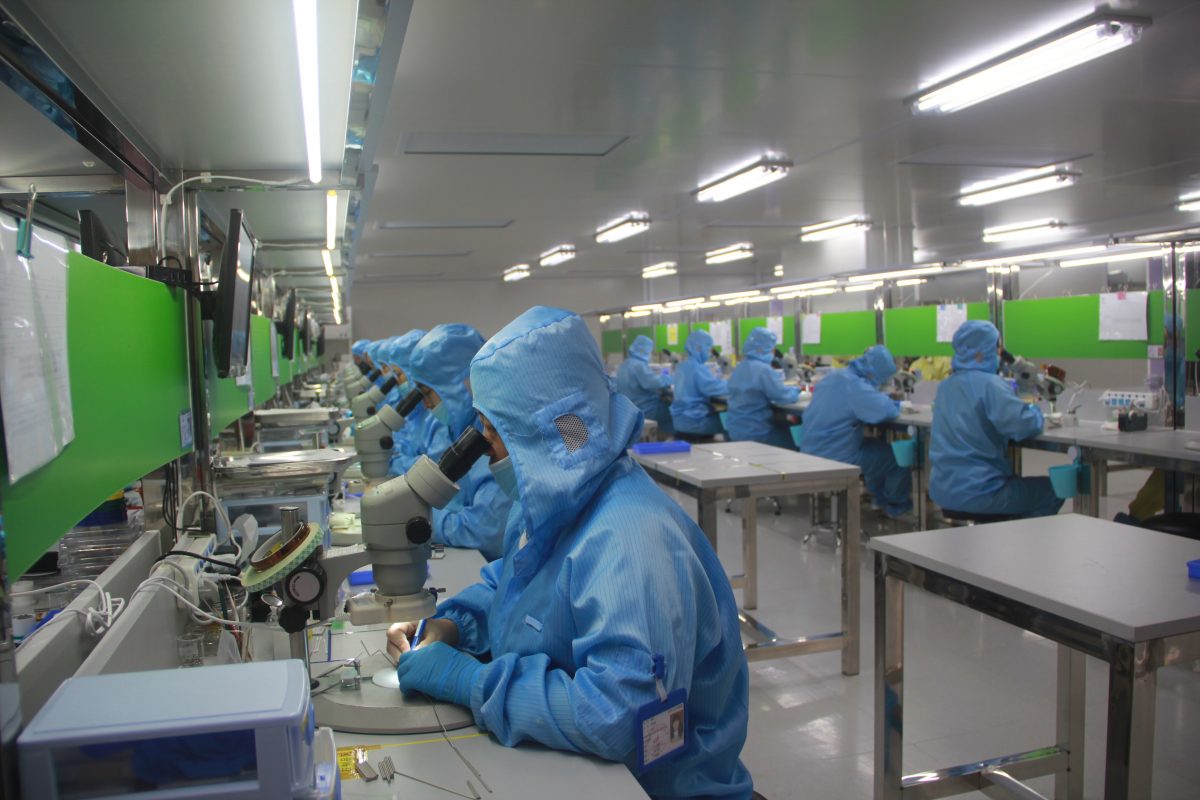This study aims to systematically review the effectiveness of telehealth platforms on patients’ wellbeing and health services. Telemedicine has become an increasingly popular option for long distance/virtual medical care and education. We performed an analysis of 64 documents published during 2000-2020 with the aim of systematically analyzing the effect of telemedicine on patients’ wellbeing. The procedure used is a bibliometric method to evaluate the productivity of scientific outputs quantitatively.
The results demon strate that telemedicine has evolved through different research steps that began with telemedicine as just a communication medium to complement traditional services, to a technology of automation and decision tools that expands the scope and range of health services. This study thus contributes to a greater and more detailed understanding of the current research trends in this new and stimulating field of research. The study also helps decision makers to develop a better understanding of the current landscape, demon strating the utility of telemedicine in various patient populations and the impact of these technologies on patient satisfaction.
Digital technologies are revolutionizing the healthcare industry. Each
involved actor cannot create value and achieve a sustainable competitive
advantage without new technology-based devices (Wu et al., 2016). The
directions in which the actors are moving in the new health sector are varied (Elton, O’Riordan, 2016). Thus, with the development of ICT solutions, the healthcare industry is also involved and becomes digital (Lanseng, Andreassen, 2007; Daim et al., 2013).
These innovative solutions refer to the implementation of advanced medical devices and software such as robotics surgery, or wearable health technologies for controlling physiological data in real time (Wu et al., 2016). Disruptive technologies in healthcare are an important way to face several industry problems and create value (Daimet al., 2013). A current key challenge within this industry refers to the adoption and implementation of telemedicine (Sims, 2018).





